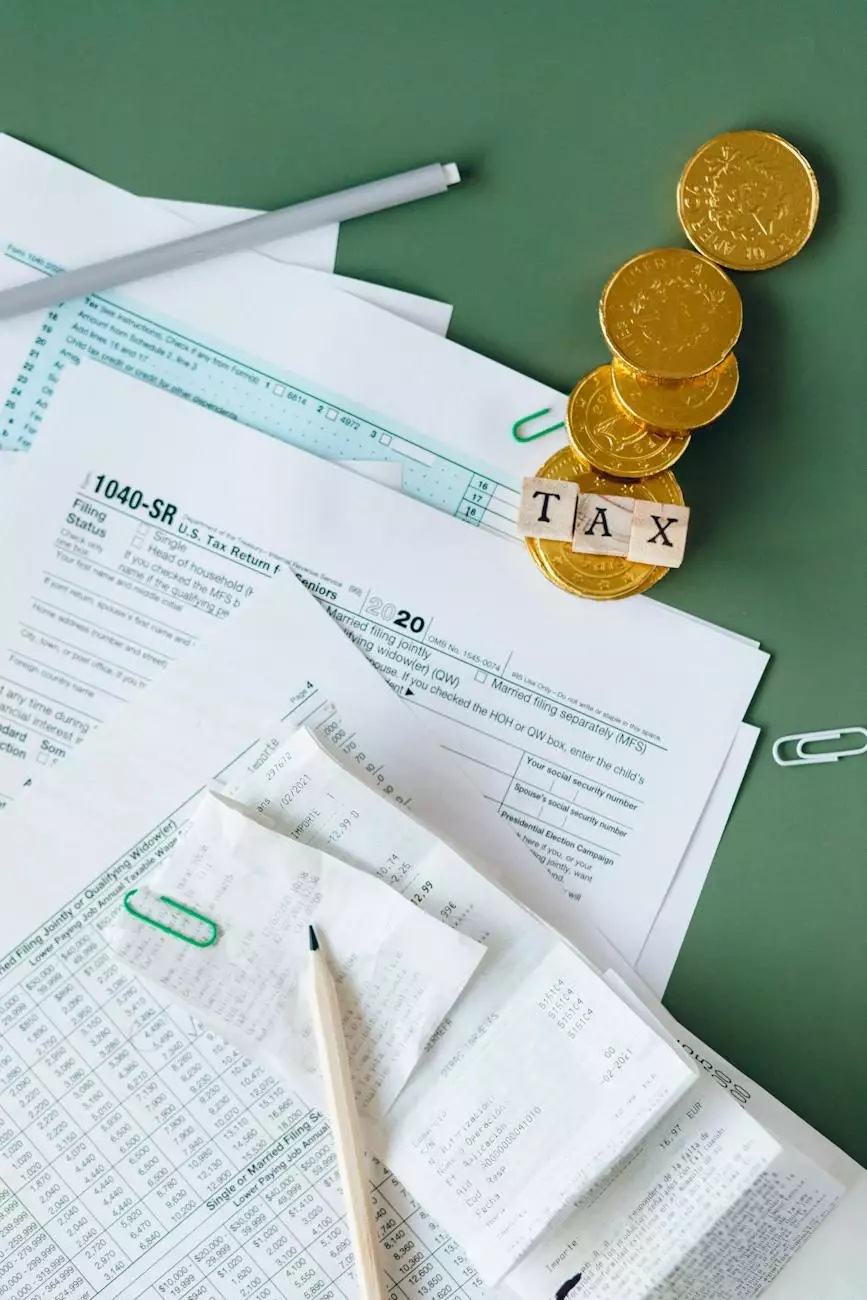I Returned My Car to the Dealer – Do I Still Owe Money?
Our Team
Understanding Car Returns and Financial Obligations
Returning a car to the dealer is a common situation many individuals find themselves in, and it's important to know the potential financial implications. In this detailed guide, Social Service of America, a leading organization in the community and society philanthropy sector, provides comprehensive information to help you navigate through this process.
When Can You Return Your Car to the Dealer?
Car return policies vary among dealerships and are often dependent on the terms outlined in the purchase or lease agreement. Some dealerships may allow you to return a car within a specified time frame, typically referred to as the "cooling-off period," while others may not offer such an option. It's crucial to review your vehicle documentation or reach out to the dealer directly to understand their policies regarding car returns.
Conditions for Returning a Car
When returning a car to the dealer, certain conditions must usually be met. The most common conditions include:
- The car being returned within the specified time period outlined in the purchase or lease agreement.
- The car being in the same condition as when it was initially purchased or leased, allowing for reasonable wear and tear.
- All necessary paperwork, keys, and accessories being returned with the vehicle.
- Fulfillment of any applicable cancellation fees or penalties.
Financial Considerations
1. Depreciation and its Impact
When you return a car, it's important to understand its depreciation value. Depreciation refers to the decrease in the value of the vehicle over time. If the car has significantly depreciated since its initial purchase, returning it could result in you owing money to cover the depreciation costs.
2. Outstanding Loan or Lease Payments
If you have an outstanding loan or lease payments on the car you're returning, these financial obligations typically don't go away. Returning the vehicle doesn't automatically erase your remaining payments. You may still be responsible for fulfilling your loan or lease contracts.
3. Termination Fees and Penalties
Returning a car may come with termination fees and penalties that vary according to the dealership's policies and the terms of your agreement. These fees are typically designed to cover administrative costs and potential financial losses incurred by the dealer due to the return.
Consulting with the Dealer
If you're considering returning your car, it's highly recommended to seek guidance from the dealer directly. Discuss your specific situation, financial concerns, and any potential obligations you may have. By engaging in an open conversation, you can gain clarity on the terms of your agreement and determine the best course of action.
Protecting Your Rights
To ensure you protect your rights as a consumer, familiarize yourself with consumer protection laws in your jurisdiction. These laws exist to safeguard consumers and provide necessary guidelines for car returns and related financial matters.
Conclusion
Returning your car to the dealer is a decision that shouldn't be taken lightly, as it has potential financial implications. By understanding the conditions, financial considerations, and consulting with the dealer, you can navigate this process more effectively. Remember to protect your rights and seek professional advice if needed. Social Service of America is here to support and inform you throughout your journey.










